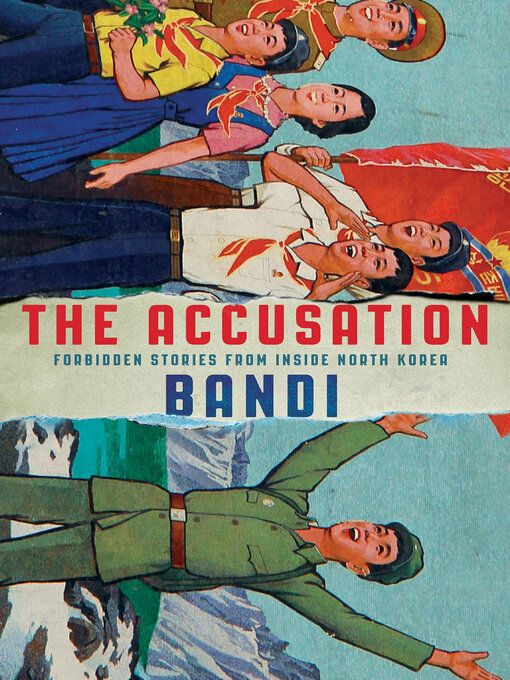A PEN Translates Award-winning collection of short stories about life in North Korea under Kim Jong-Il, written in secret by a dissident author.
The Accusation is a revelatory work of fiction that exposes the truth of the North Korean regime. Set during the period of Kim Jong-Il’s leadership, the seven stories that make up The Accusation throw light on different aspects of life in this most bizarre and horrifying of dictatorships.
One story, “Life of a Swift Seed,” tells of a war hero and former ardent Communist who plants an elm tree in his back garden to commemorate one of his brothers-in-arms. When the tree is to be cut down to make way for a power line, the man is ready to defend it with his life, leaving a family friend to decide whether to intercede. In another story, “City of Specters,” a Pyongyang mother’s young son misbehaves during a party rally, crying out when he sees a portrait of Karl Marx, whom he thinks is a monster of Korean myth known as the Eobi. In one other story, a mother attempts to feed her husband during the worst years of North Korea’s famine, and in another, a woman in a perilous situation meets the Dear Leader himself.
As a whole, The Accusation is a vivid and frightening portrait of what it means to live in a completely closed-off society, and a heartbreaking yet hopeful portrayal of the humanity that persists even in such dire circumstances.
“Searing fiction by an anonymous dissident . . . A fierce indictment of life in the totalitarian North.”—New York Times

